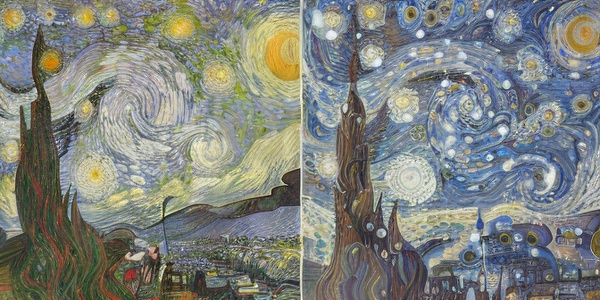Fantastic 单词详解

发音 (IPA)
- US: /fænˈtæstɪk/
- UK: /fænˈtæstɪk/
(Note: IPA verified for standard American and British pronunciation)
语源 (Etymology)
- Origin:
From Latin fantasticus (imaginary), derived from Greek phantastikos (pertaining to imagination, from phantazein "to make visible, imagine").
中文翻译: 起源于拉丁语 fantasticus(想象的),源自希腊语 phantastikos(与想象相关,来自 phantazein “使可见,想象”)。 - Historical Shift:
16th-century usage: Described something "unreal, imaginary, or odd" (e.g., fantastical creatures). By the 20th century, it evolved to mean "extremely good or impressive" through semantic amelioration (positive shift in meaning).
中文翻译: 16世纪用法:描述“不真实、想象或奇异”的事物(如奇幻生物)。20世纪后,通过语义改善(意义向积极方向转变),演变为“极好的或令人印象深刻的”。 - If no record: N/A (well-documented etymology)
解释 (Definition)
- 中文解释:
- 极好的;极出色的(形容事物令人赞叹)
- 幻想的;奇异的(形容富有想象力或不现实的)
- English (Oxford):
- (adj.) Extremely good; excellent.
- (adj.) Relating to or based on fantasy; imaginary.
例句 (Example Sentences)
-
例句 1:
"We had a fantastic time at the concert—every performance was flawless!"
(我们在音乐会上度过了美妙的时光——每一场表演都无懈可击!)
Context: Expressing enthusiasm and high praise for an experience. -
例句 2:
"The author’s latest novel weaves a fantastic tale of time travel and parallel universes."
(作者的最新小说编织了一个关于时间旅行和平行宇宙的奇幻故事。)
Context: Describing a fictional, imaginative narrative. -
例句 3 (Historical Usage, Rare Today):
"His paintings often feature fantastic landscapes with floating mountains."
(他的画作常描绘有